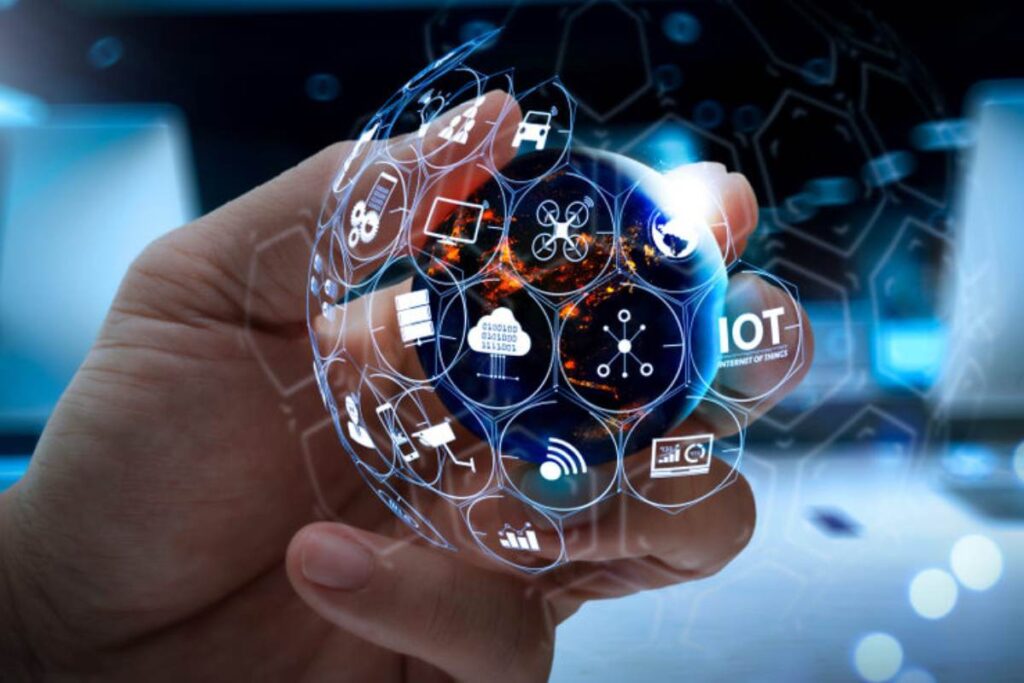If there is something we must get used to in our work environment, it is change. In recent years, technological advances have made us change at a dizzying pace, and only persons who know how to adapt to these changes will be able to survive in an increasingly competitive work environment.
If you are not yet familiar with the new technologies that are revolutionizing your workplace, here we present the 5 most important digital innovations in the work environment:
The Cloud
Cloud-based technology has simplified work processes. This tool offers greater flexibility and security since it allows us to make periodic backups and recover information on the occasion of data loss. In addition, it has the advantage of allowing us to access our files and data from anywhere.
With this tool, large and small businesses benefit from rapid access to information, thereby reducing the costs of hardware and software systems.
Big Data
We were already clear that Big Data is the profession of the 11th century, given the digitalization process in which we are immersed. Big Data is complete with the large volume of data that floods us today. Still, above all, it is very useful to appreciate it from a business and organizational point of view.
The important thing in this concept is to understand what companies do with this enormous volume of information and how they use it to their benefit to have a better strategic vision of the company and thus make the best choices and achieve optimal results.
Through data analysis, companies can explore variable stars that lead them, for example, to discover client trends and recover their marketing strategy.
Big Data, associated with artificial intelligence, can be very useful in areas such as the health sector, research, and the study of medicines, or it can even be applied to the purchase of services.
Wireless Technology
With wireless technology, laborers can connect from anywhere. On the road, at home, or in a cafeteria, any place is suitable for carrying out our functions and increasing our productivity.
The widespread use of mobile and moveable devices allows you to maintain immediate contact with clients and colleagues. At the same time and as an added value, a wireless desk also creates a cleaner, cable-free environment with a visual space conducive to working.
Video Technology
According to a Cisco study, video will signify 70% of Internet traffic in the Kingdom of Spain in 2021. These data show us the great rank of video today, and the coming that lies ahead. Video is used for interviews, inter-office communication, advertising, branding, entertainment, etc. Its growth is unstoppable!
Video has also reduced the need for people to work in the same location, which was a mainstay of traditional office culture, and has smoothly revolutionized job interviews. It is no longer necessary to meet the candidate in person, and profiles can be selected through a Skype job interview.
Virtual Reality and Augmented Reality
VR and AR are two new skills that accompany each other. But what is the difference between the two? Its main change, to be able to understand it humbly, is that Augmented Reality is the whole thing with objects and elements of the factual world. That is to say that this technology allows artificial virtual essentials to be superimposed on the vision of Reality.
On the other hand, virtual Reality functions in the artificial world, producing an environment of scenes and objects that appear real, in addition to an artificial computer-created climate. From a business perspective, AR and VR can access certain bodily and emotional areas of the brain.
Conclusion
Nowadays, Virtual Reality is present in presentations, conferences, or videoconferences where the interlocutor can have a conversation in a meeting room without having to be present. Augmented Reality is having a greater impact in sectors such as manufacturing, where skills and processes can be overlaid in the employees’ workplace.
As you can see, technological loans have always had a revolutionary effect in the workplace, facilitating processes and functions, optimizing capital, and increasing productivity.
It is difficult to know how and to what extent they will affect each of us, but what we do know is that technological change is here to stay, as demonstrated by our latest study, The Future of Work.
Which addresses how artificial intelligence, robotics, and Automation will impact the workplace of tomorrow. We must know how to adapt to it and turn them into our absolute allies.

